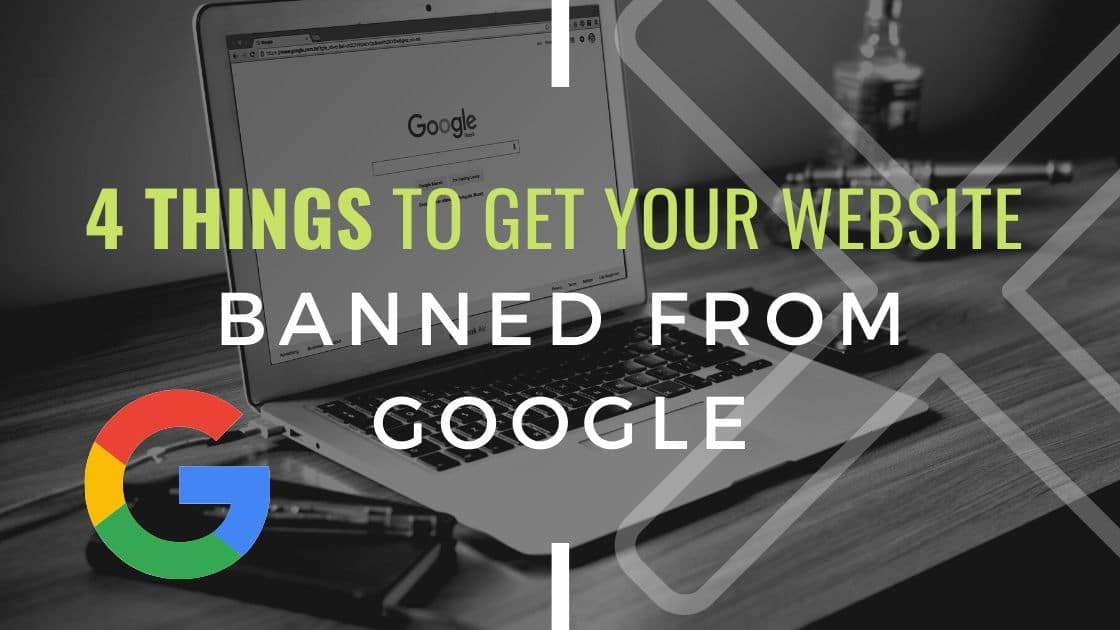
If you do a search for SEO you’re going to get tons and tons of blog posts/articles all about how to succeed at SEO. This is probably a good thing though being that if you’re searching for SEO, then you’re probably wanting to know how to succeed at it. You’re going to find tons of advice online about how to get the most out of your website ranging from on-site SEO to technical SEO. There will probably be articles about how to create the best content and other ones about how to get the best links for your site and content. While, of course, all this material is definitely helpful it never seems to go much into what it is that can get you in trouble with Google to get your site banned. Isn’t knowing that information just as important as knowing what you can do to help your site? With that, let’s go over some of the ways in which your site can get banned from Google so that you don’t have to worry about which practices will come back to bite you.
Cloaking
This is the practice of giving a description in a search result (meta description) but having it go to a page that is completely unrelated to what you described. I know this may be tempting given that click bait titles are so popular online but when it really comes down to it, you’re taking a big risk by doing this. Google’s whole intent is to get people answers to their questions and if you are intentionally giving people the wrong answers to questions then Google will not like it, effectively banning your site from their search engine.
Non-original posts
Chances are if you go exploring a topic on the internet you’re going to come across pretty similar material and probably more than once. What you’ll see is that there is a distinct difference in a lot of the material that seems to be the same though. The key difference between all of these is that they will have an impression of the author’s specific writing style. What you want to avoid in the eyes of Google is completely copying and pasting anything written by someone else. By doing this you will suffer the consequences pretty fiercely. Google’s main objective is to give people the best answers possible so by having constantly refreshing, new information they can give people more and more precise answers. If you don’t follow this and just copy, they can’t do their job.
Using Non-related Keywords
This one’s pretty simple but some people seem to have trouble with it. Basically, the idea is that you don’t want to try and use keywords that have nothing to do with your industry just because they are hot at the time. For example “Lost 20 pounds in 15 minutes” as a keyword when you work in finance. Doesn’t make much sense right?
Spammy Link Building
Ever since SEO became a thing with the emergence of Google, backlinks have been one of the main indicators of a website’s trustworthiness. In fact, backlinks were the first thing Google used to figure out if a site was worthwhile or not. Since then Google has been in an uphill battle trying to prevent people from creating just any old link. The more their algorithm progressed, the more savvy people seemed to become in tricking the system. Luckily for us, it has come to a point where Google is able to detect spammy links pretty easily. What you’re going to want to stay away from is creating links on sites that have nothing to do with your industry. For example if you create a link to your Denver web design blog page on a gardening website then it’s not going to look good with Google.

